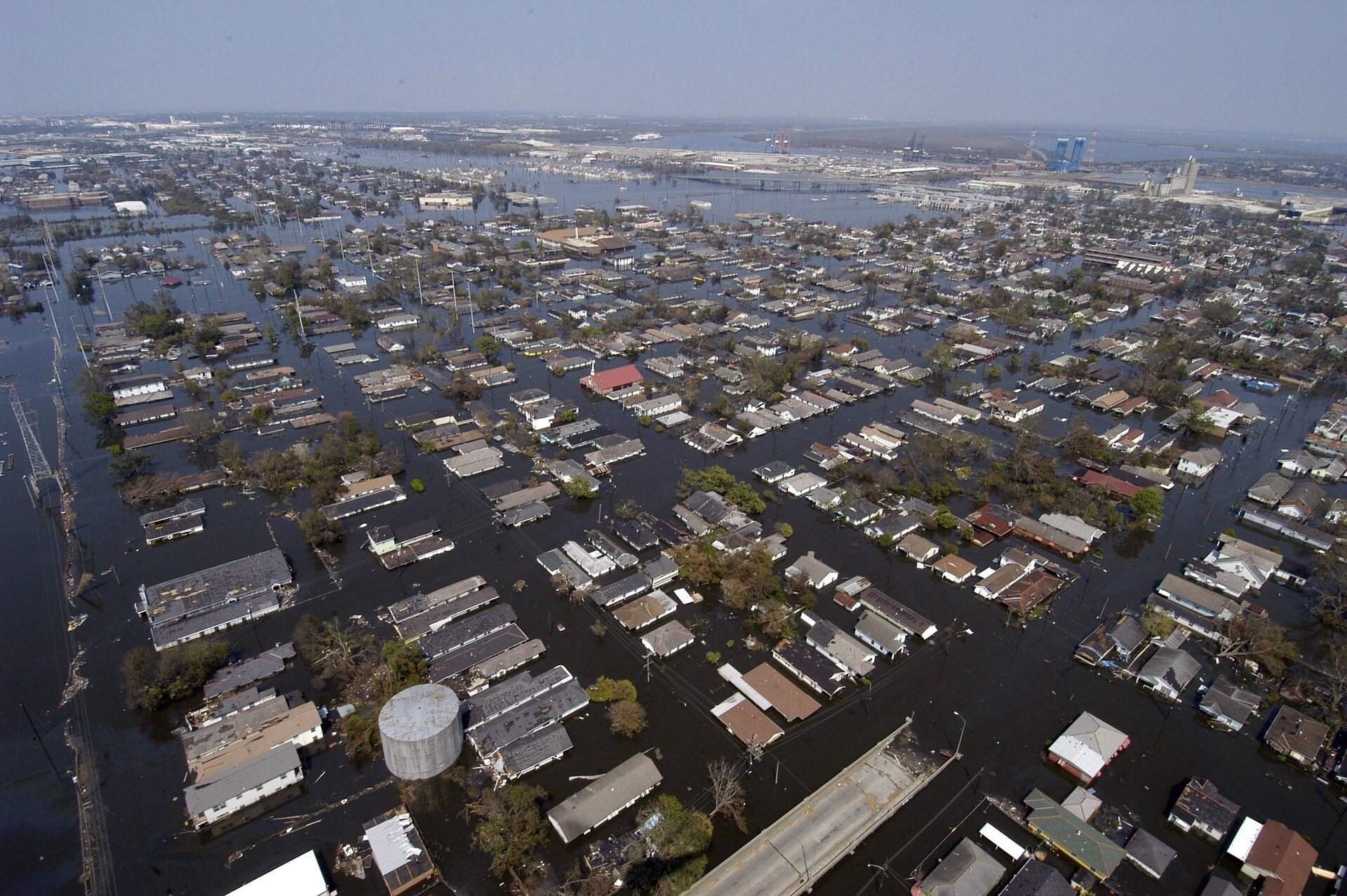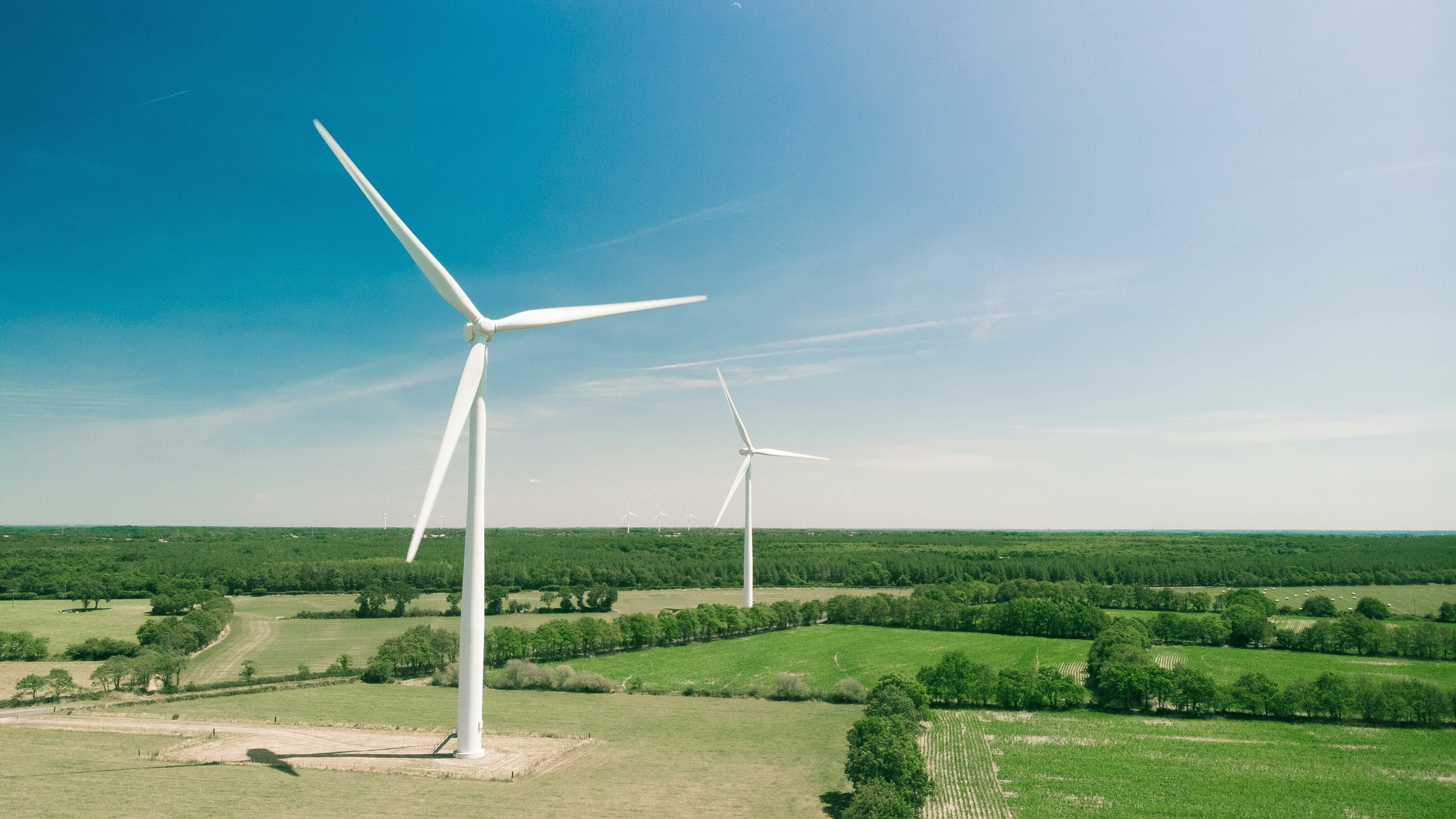In pictures: Business resumes as lockdowns gradually ease around the world

Businesses - such as hairdressers - are finding ways to open up. Image: REUTERS/Kim Kyung-Hoon

Explore and monitor how COVID-19 is affecting economies, industries and global issues

Get involved with our crowdsourced digital platform to deliver impact at scale
Stay up to date:
COVID-19
- A hairdresser’s in Houston, Texas, installed screens to separate customers.
- At the Gare du Nord in Paris, markers on the platforms keep commuters two metres apart while waiting for trains.
- In Brussels, a Mercedes car dealership uses wheels to help social distancing.
Lockdown is loosening a little in some parts of the world. For many, it means a chance to get out and do things once considered mundane. And for struggling businesses, it’s a welcome respite. But measures to throttle the spread of the coronavirus have transformed many everyday activities. Here is a snapshot of how people and companies around the world are adjusting.
On the move
Grabbing a sandwich or a coffee, maybe on the way into work or during your lunch break, has often meant waiting in line. These customers in the Netherlands are using over-sized yellow circles that extend out into the parking lot to wait their turn.

It could be that circles are the new way of helping people stand a safe distance apart. Here at the Gare du Nord railway station in Paris, they are in use on the platforms.

Eating out
Many restaurants and bars may struggle to remain commercially viable if they have to make substantial cuts to the number of customers they can serve at a time. This café in Thailand has adopted a pulley system to pass customers their food and drinks.

And in Hong Kong, customers at this café have a lot more space between them than they used to.

What is the World Economic Forum doing about the coronavirus outbreak?
Being served
In some countries, you still can’t get your hair cut. But you can if you live in Texas. This salon in Houston has a partition between clients, and the staff wear masks and gloves.

In Jakarta, these people wait in line to use an automated rice-dispensing machine.

This bank in Tokyo has deployed lots of screening, while both staff and customers are wearing face masks.

In Brussels, this Mercedes car dealership has put piles of wheels to good use, helping maintain social distancing while staying on brand.

This Italian factory, which produces metal bearings, has added social distancing markings to the floor.

And at this car factory in France, plastic barriers have been installed to maintain social distancing.

Don't miss any update on this topic
Create a free account and access your personalized content collection with our latest publications and analyses.
License and Republishing
World Economic Forum articles may be republished in accordance with the Creative Commons Attribution-NonCommercial-NoDerivatives 4.0 International Public License, and in accordance with our Terms of Use.
The views expressed in this article are those of the author alone and not the World Economic Forum.
Related topics:
The Agenda Weekly
A weekly update of the most important issues driving the global agenda
You can unsubscribe at any time using the link in our emails. For more details, review our privacy policy.
More on Global RisksSee all
Gareth Byatt and Ilan Kelman
March 11, 2024
Andrea Willige
March 6, 2024
Richard Aster
November 15, 2023
Ian Shine and Rebecca Geldard
November 14, 2023
Andrea Willige
October 26, 2023
Simon Torkington
September 14, 2023





